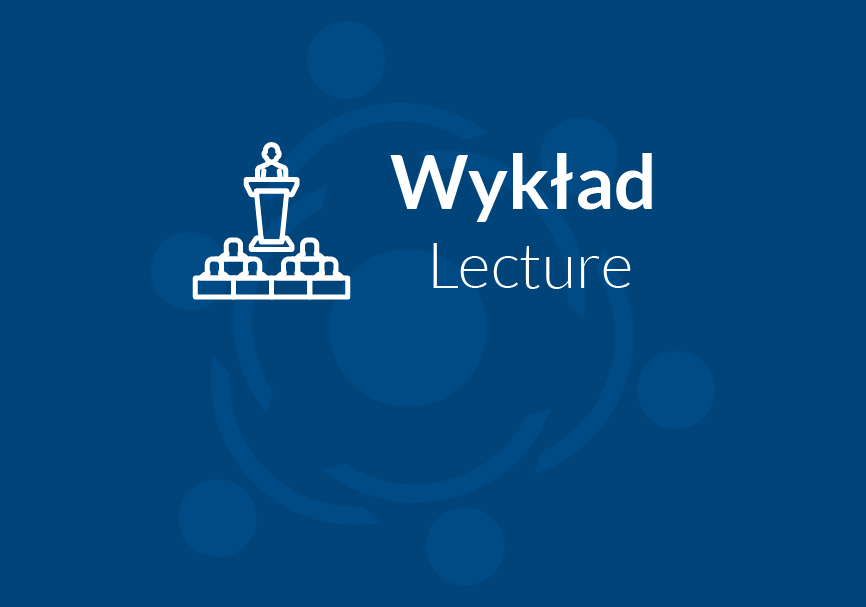Seminarium “Quad Plus: Is there a Space for Europe?”

Change and Continuity of Taiwan Identity among the Electorate in Taiwan
June 8, 2022
China’s BRI in the time of economic slowdown: what does it mean for EU and Japan
June 14, 2022
The Faculty of Political Science and International Studies would like to cordially invite all interested to participate in the seminar
Quad Plus: Is there a Space for Europe?
whith Prof. Jagannath Panda
Head Stockholm Centre for South Asian and Indo-Pacific AffairsInstitute for Security and Development Policy & Director Europe-Asia Research Cooperation Yokosuka Council on Asia-Pacific Studies, Japan
Moderator: Prof Roberto Rabel, Victoria University of Wellington
20th of June (Monday), 15.00-16.30
room 223, Gmach Audytoryjny, WNPSM UW,
ul. Krakowskie Przedmieście 26/28
Abstract:
Critics might dismiss the Quad Plus as a virtual assembly of agreeable nations that were engaged during the COVID pandemic. Yet, the format holds much promise amid all the current uncertainty. It would potentially represent an amalgamation of the Eastern and Western “like-minded” countries. Even in its current abstract framework, it includes a wide array of states (which also comprise the IPEF) – developing and developed economies as well as middle and major powers that are committed to maintaining an inclusive, rules-based and liberal institutional order. Is there a space for Europe in Quad Plus? The inclusivity angle is suspect as the grouping is essentially what China calls a US-led “anti-China” tool. However, the criticism could be mitigated by developing – instead of a reflection of a broader democratic coalition, which is very much abstract at present – a “plus” framework based more on a shared commitment to the existing international order rather than “democratic values” that are harder to define and more exclusive in nature. Therefore, what interested states including some from Europe must envision is a broad, all- embracing, and comprehensive framework that can stand as a pillar for regional security in wider Indo-Pacific and stability, multilateralism, and defense of global institutionalism and the status quo. Establishing a stronger regional economic framework that promotes a resilient and secured supply-chain connect is just the beginning.





